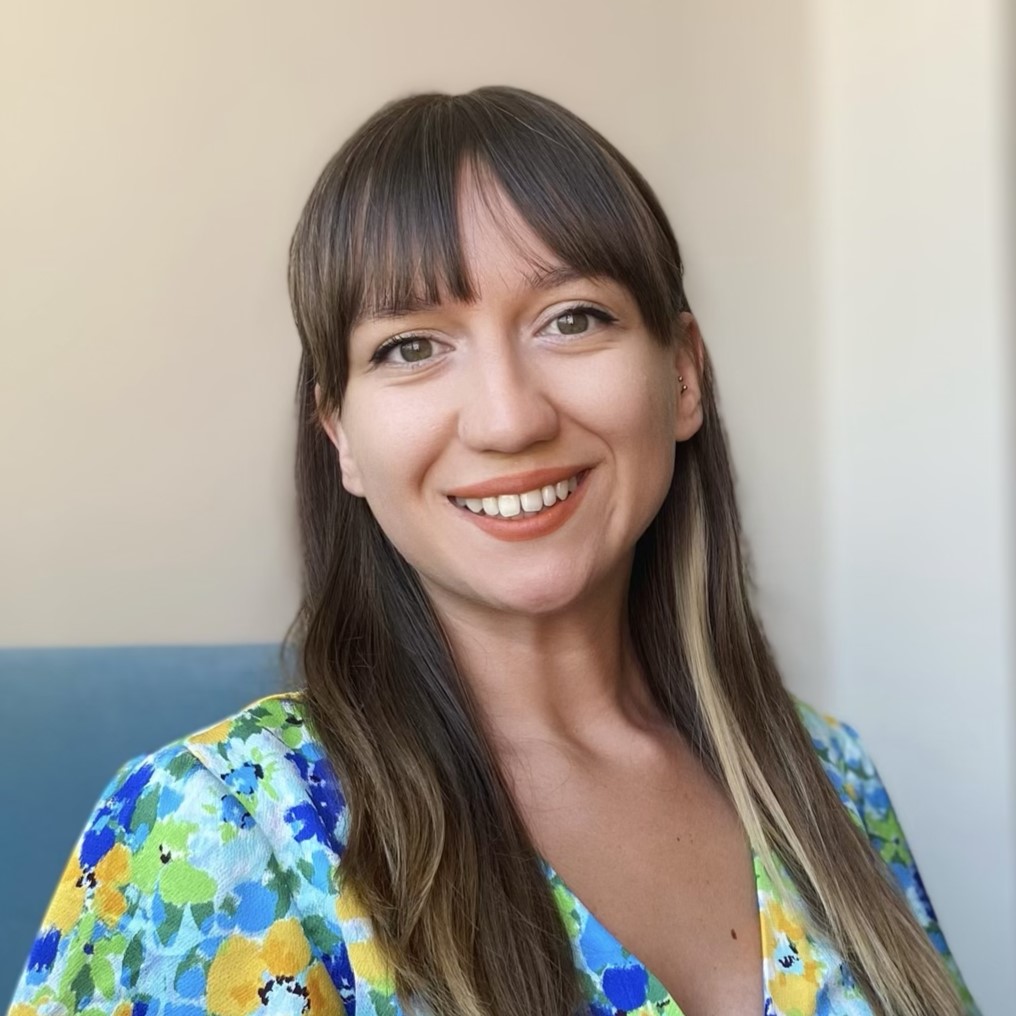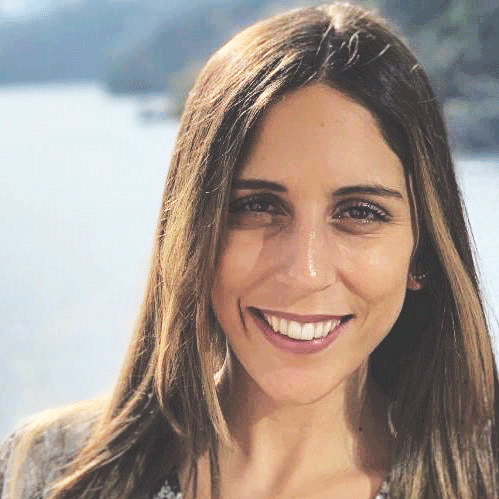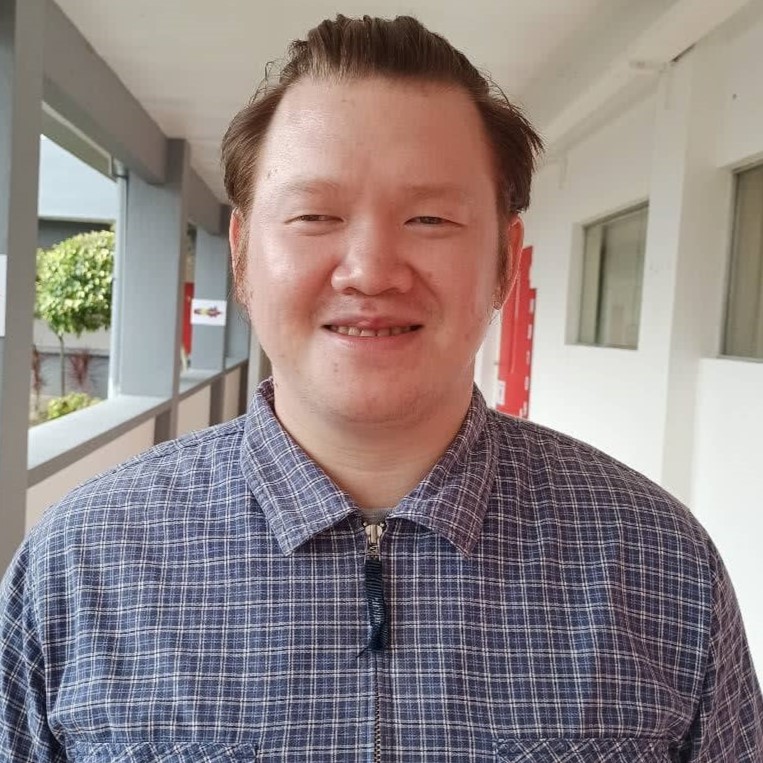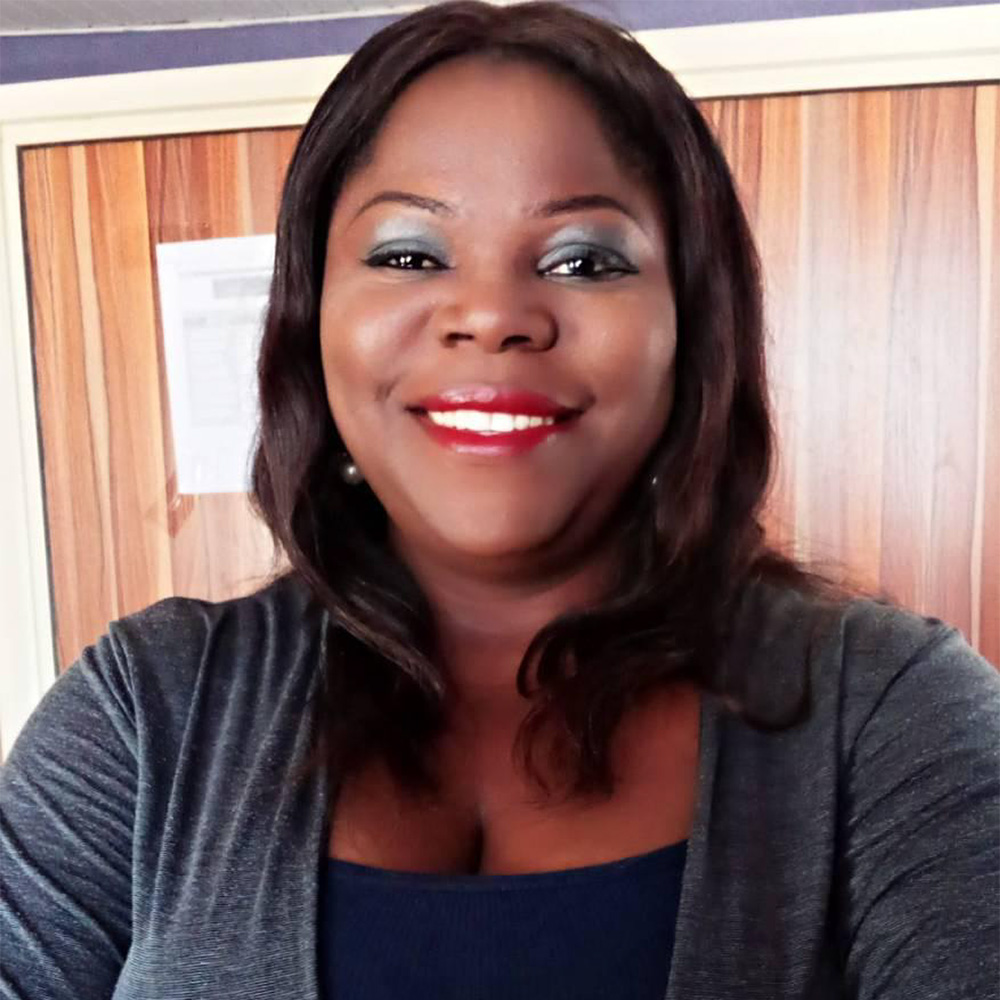Best Therapists for PTSD Treatment
PTSD’s full form is post-traumatic stress disorder, which affects behavior, thou...read more
People Treated
Satisfaction
Most common symptoms
 Fitcy’s Top Picks for PTSD.
Fitcy’s Top Picks for PTSD.


Meral Guner 
EMDR Therapist & Psychodynamic Therapist
- Turkish
- English
- Expressive Art Therapy
- Eye Movement Desensitization and Reprocessing (EMDR) Therapy
- Somatic Experiencing

Anna Paralousi 
Psychologist & Integrative Psychotherapist
- Greek
- English
- Acceptance and Commitment Therapy (ACT)
- Applied Behavior Analysis (ABA) Therapy
- Cognitive Behavioral Therapy (CBT)
- Dialectical Behavior Therapy (DBT)
- Emotion-Focused Therapy
- Family Constellation Therapy
- Gestalt Psychotherapy
- Mindfulness-Based Approaches
- Person-Centered Therapy
- Psychodynamic Therapy
- Systemic Therapy

Siva Rajan 
Counselling Psychotherapist & Life Coach
- English
- Tamil
- Malayalam
- Acceptance and Commitment Therapy (ACT)
- Applied Behavior Analysis (ABA) Therapy
- Cognitive Behavioral Therapy (CBT)
- Dialectical Behavior Therapy (DBT)
- Emotion-Focused Therapy
- Existential Therapy
- Gestalt Psychotherapy
- Hypnotherapy
- Mindfulness-Based Approaches
- Motivational Interviewing
- Person-Centered Therapy
- Psychoanalysis
- Psychodynamic Therapy
- Rational Emotive Behavior Therapy (REBT)
- Solution-Focused Therapy
- Solution-oriented Brief Therapy
- Systemic Therapy
- Transpersonal Therapy
- Trauma-Focused Therapy

Catia Pereira 
Clinical Psychologist & EMDR Therapist
- Portuguese
- English
- Spanish
- Acceptance and Commitment Therapy (ACT)
- Cognitive Behavioral Therapy (CBT)
- Emotion-Focused Therapy
- Existential Therapy
- Eye Movement Desensitization and Reprocessing (EMDR) Therapy
- Mindfulness-Based Approaches
- Motivational Interviewing
- Narrative Therapy
- Person-Centered Therapy
- Solution-Focused Therapy
- Solution-oriented Brief Therapy
- Time Line Therapy
- Transpersonal Therapy
- Trauma-Focused Therapy

Manuel Torres 
Counselling Therapy & Trauma-Focused Therapy
- English
- Filipino
- Cognitive Behavioral Therapy (CBT)
- Emotion-Focused Therapy
- Mindfulness-Based Approaches
- Motivational Interviewing

Fatima Issa 
CBT Practitioner & Clinical Psychologist
- Arabic
- English
- CBT Practitioner
- Clinical Psychologist
- Psychological Assessments
- Solution Focused Therapy

Ngozi Okeke 
CBT & DBT Practitioner
- English
- Igbo
- Cognitive Behavioral Therapy (CBT)

Daniela Nemirovsky 
Clinical Therapist
- Spanish
- English
- Eye Movement Desensitization and Reprocessing (EMDR) Therapy
- Psychodynamic Therapy

Shruti Jha 
Clinical & Counselling Psychologist
- English
- Hindi
- ACT Practitioner
- Business Coach
- CBT Practitioner
- Child Psychology
- Clinical Psychologist
- Counselling Psychologist
- DBT Practitioner
- Gestalt Psychotherapy
- Life Coach
- Mindfulness
- Neuropsychological Assessment
- NLP Practitioner
- Psychoanalysis
- Psychodynamic Therapy
- Psychological Assessments
- Solution Focused Therapy
- Sports Psychology
- Trauma-Focused Therapy

Madhumita Ghosh 
CBT Practitioner & Rehabilitation Psychologist
- English
- Hindi
- Bengali
- ABA Therapy
- ACT Practitioner
- CBT Practitioner
- Child Psychology
- Clinical Psychologist
- Compassionate Therapy
- Counselling Psychologist
- Gestalt Psychotherapy
- Life Coach
- Mindfulness
- Neuropsychological Assessment
- Psychoanalysis
- Psychodynamic Therapy
- Psychological Assessments
- Solution Focused Therapy
- Sports Psychology
- Trauma-Focused Therapy

Fitcy is Easy, Simple & Confidential
Our psychologists provide professional counseling that is efficient, cost-effective and customized to your needs.
Today
Feeling down due to an undiagnosed condition
A week later with Fitcy
One-to-one scheduled sessions with a verified Fitcy counselor, diagnose your issue and take baby steps towards improvement
4+ weeks later!!
You turn over a new leaf with significant improvements - meet the new you!
Get Started Today
Get in touch with a therapist today, and never let anything hold you back.
What People say After the First Session 😍
Frequenty Asked Questions
Post-Traumatic Stress Order (PTSD) can be treated by CBT along with exposure therapy. Counsellor used CBT exposure therapy to help you to deal with memories and situations that increase your frightening intensity. It can also be helpful for the patient to face nightmares and events flashbacks.
Post-Traumatic Stress Order can be treated as an anxiety disorder. It can be triggered when you go through a terrifying, stressful or frightening event or instantly after a prolonged traumatic situation. Some real-world examples of traumatic events are accidents or sexual assaults.
Post-Traumatic Stress Disorder (PTSD) is a mental illness or a mental condition that can be faced by a patient after going through from terrifying event or even witnessing it. The most common symptoms of PTSD are nightmares, event flashbacks, and extremely severe anxiety.
What is PTSD?
PTSD’s full form is post-traumatic stress disorder, which affects behavior, thought-process, and health. It is a mental condition that develops after going through a traumatic event. PTSD causes the individual to have intrusive thoughts related to a particularly traumatic event. The recurrent anxiety, distress, and flashbacks affect the functioning; therefore, the person consciously avoids similar situations.
What Are PTSD Symptoms?
PTSD symptoms are divided into four categories based on experience and vary from individual to individual. The types of PTSD symptoms are:
Intrusive and Negatively Distressing Thoughts
The unwanted memories of the traumatic event cause anxiety and distress. The flashbacks and nightmares cause them to relive the traumatic event.
Avoidance
The individual avoids interacting with people and discussing past traumatic experiences.
Physiological and Emotional Changes
Without support, caregivers and family members will notice a drastic behavioral change. The person with PTSD gets easily startled, remains irritable, and cannot concentrate on a particular task. PTSD causes the individual to engage in self-destructing behaviors, such as alcohol dependence and consuming illicit drugs.
Negative Changes in Mood and Thought Process
An individual suffering from PTSD has to remain hopeless about themselves and the world. The struggle to engage in social activities.
How to Treat PTSD?
PTSD treatment includes the use of medication and therapy. The medications and therapies proven effective as a treatment for PTSD are:
Use of Antidepressants
To reduce the physical symptoms of anxiety.
Cognitive Behavioral Therapy
CBT is an effective PTSD therapy. The therapy aims to help the individual change the negativity and focus on the positive aspects of life.
Exposure Therapy with Deep Breathing
Suppressing emotions can worsen the symptoms. Exposure therapy allows the individual to speak about their feelings regarding small details of the event. Deep breathing allows the individual to reduce anxiety and remain calm.
People avoid discussing their feelings and become socially absent to avoid interactions with friends, colleagues, and family members. Close people must encourage them to seek professional help. A psychiatrist helps the person understand their feelings and function adequately in everyday life. Fitcy Health helps the individual connect with a competent and reliable therapist that will conduct a psychological assessment.
How Do You Know If You Have PTSD?
It is necessary to understand their behavior, feelings, and physical responses self-diagnose PTSD. The flashbacks, anxiety, emotional distress, and hopelessness indicate that the person is exhibiting signs of PTSD.
Who is More Likely to Develop PTSD?
According to the statistical analysis of research conducted in UAE and published on ResearchGate, 15.1% of people in the United Arab Emirates suffer from PTSD in their lifetime. People from any age group who have been through a traumatic event can develop PTSD. The individuals at a higher risk of developing PTSD are:
- Combat Veterans
- Victims of Sexual Assault
- Survivors of natural disaster.
- Women who have been through domestic violence.
- Individuals who have been through an accident.
- How to Deal with PTSD?
- The best way to deal with PTSD and related complications are:
Learn Relaxation Techniques
Mindfulness, PMR, and deep breathing allow the individual to manage the anxiety and other signs of PTSD.
Seek Help
Social support helps the individual overcome the effects that correlate with a traumatic event. A therapist in Dubai enables the person to learn coping skills to become mentally and emotionally stable.
Behavioral Activation
It allows one to become proactive by engaging in healthy activities. The reinforcement helps overcome anxiety, depression, and PTSD. The activities that can help distract themselves from the negativity are; spending time with friends, hiking, painting, reading, cooking for friends, etc.
PTSD, How Long After Trauma?
The symptoms of PTSD become visible through the behavior within the first month of the incident. However, in some cases, the symptoms may emerge after three months. According to DSM-5 for PTSD diagnosis, the person experiences the symptoms for more than one month, which causes hindrance in their daily life, work, and relationships. The PTSD test and other psychological assessments help evaluate the severity of the condition.
What is C-PTSD?
Complex PTSD is a condition in which the individual experiences additional symptoms along with PTSD. The complex PTSD symptoms are:
- Extreme difficulty in managing emotions.
- Feeling guilt and struggling to make rational decisions.
- Extreme negative outlook towards every aspect of life.
- Detachment from close family members.
- Negative Self-perception and change in consciousness.
- Difficulty maintaining social relationships.
How to Deal with Complex PTSD?
Individuals diagnosed with complex PTSD require proper treatment. Medications and therapies are proven effective in managing complex PTSD symptoms.
The therapies that have proven effective include:
Psychotherapy
CBT and DBT help individuals with PTSD to cope with their condition. Cognitive behavioral therapy aims to change negative thoughts into positive ones to enhance overall functioning. Dialectical Behavioral therapy allows the individual to manage stress and anxiety. Also, DBT helps the person learn ways to improve personal and professional relationships.
Eye Movement Desensitization and Reprocessing
The therapy helps the individual can desensitize the traumatic memories.
What if PTSD Goes untreated?
Caregivers, siblings, and close friends who are well aware of the mental state of an individual who has gone through a traumatic event should encourage them to seek professional help. Effects of PTSD are visible in behavior and overall health. The complications of untreated PTSD are:
- The individual may remain angry, which can lead to aggressive behavior in public settings.
- The avoidance can lead to loneliness. It increases the risk of suicidal ideation.
- Individuals with untreated PTSD are at a higher risk of suffering from clinical depression.
- The individual engages in self-destructive behaviors, which affect relationships, mental health, and the functioning of vital organs.
What to Do When Someone With PTSD Pushes You Away?
The people diagnosed with PTSD or c-PTSD remain socially absent. They struggle to regulate emotions and push away close friends and family members. Individuals aware of the mental health of their friends, family members, or a colleague must;
Use Non-Judgmental language
Make them feel comfortable and provide a safe environment. It will help them share their thought and feelings.
Let them know you’re here and support them in the healing process.
Encourage them to seek professional help.
How to Help a Friend with PTSD?
Close friends must understand the symptoms and triggers related to PTSD. The friends can:
Spend Time and Watch a Movie Together
- Educate yourself about the symptoms and the latest treatment plans.
- Show respect and support by using affirmative words.
- Encourage them to talk to a therapist. Fitcy health helps people struggling with.
- Mental health issues to connect with a specialist who can help them get better.
How Does PTSD Affect Relationships?
Individuals diagnosed with PTSD struggle to communicate their feeling. It leads to misunderstandings and conflicts. Avoidance and aggressiveness affect trust and closeness. People with PTSD struggle to maintain intimate relationships with their partners due to flashbacks of the traumatic event.



 Let me support you in finding what’s going to keep you going on your journey!
Let me support you in finding what’s going to keep you going on your journey!